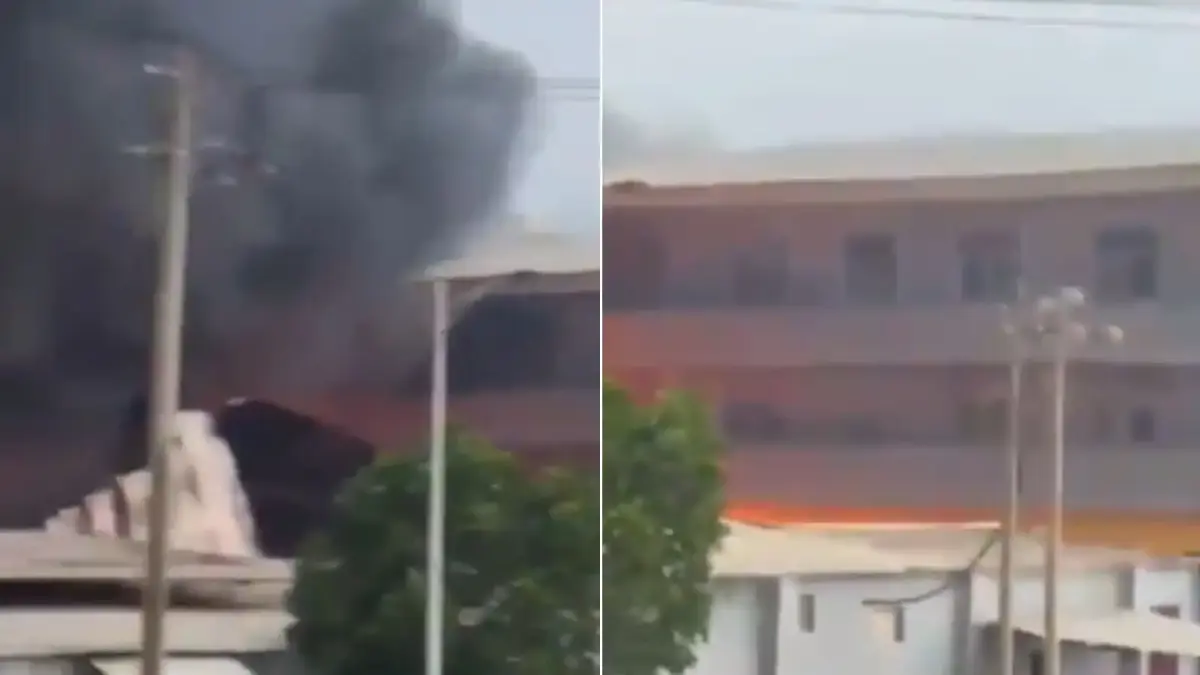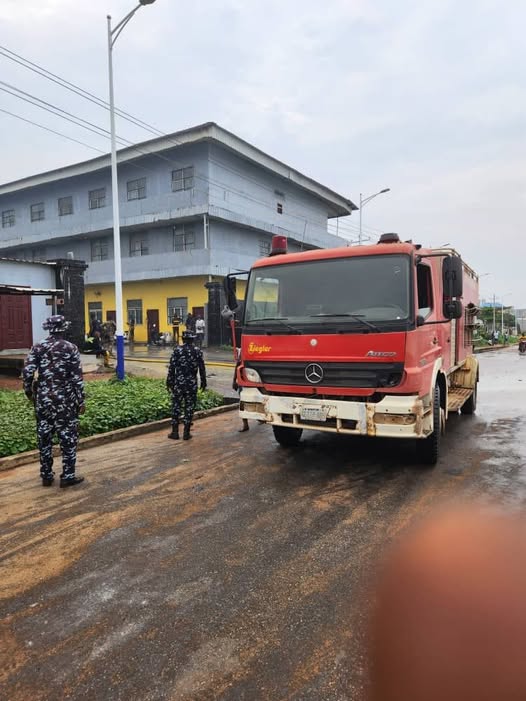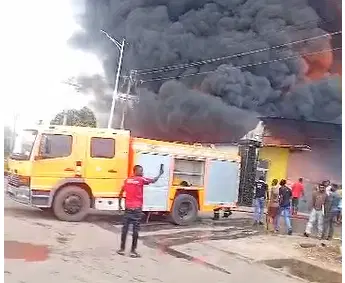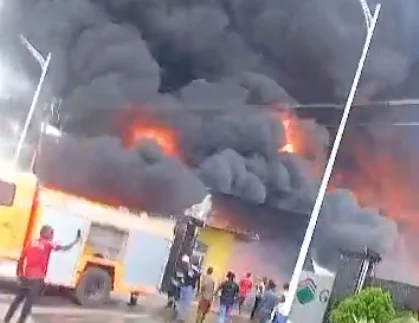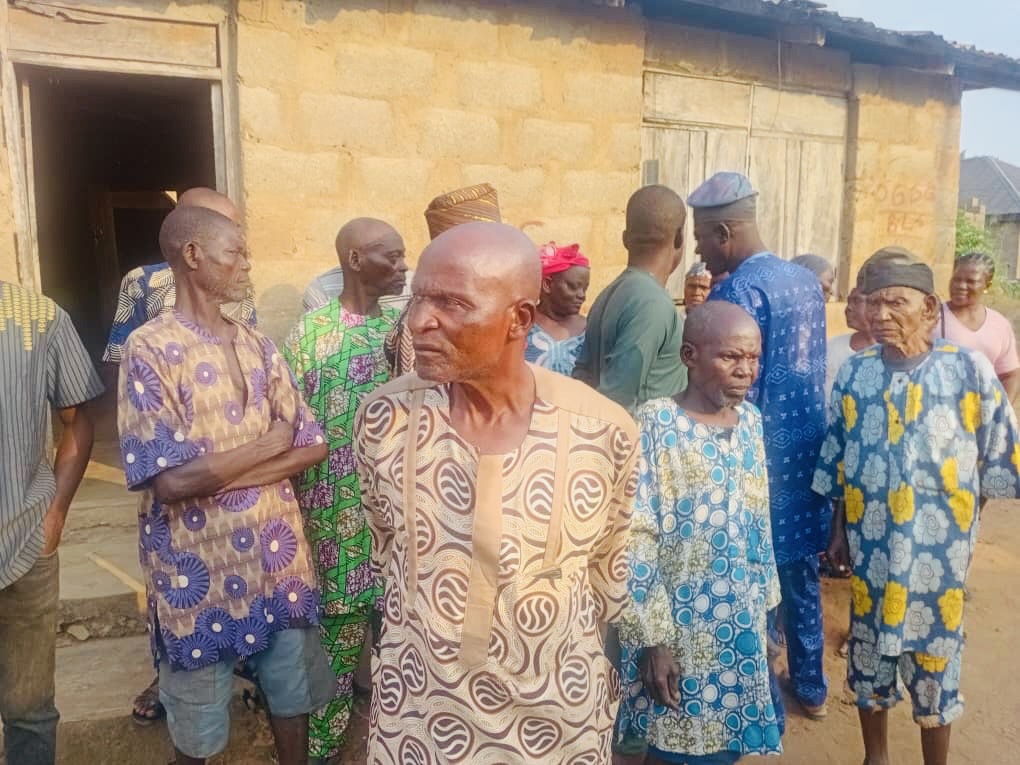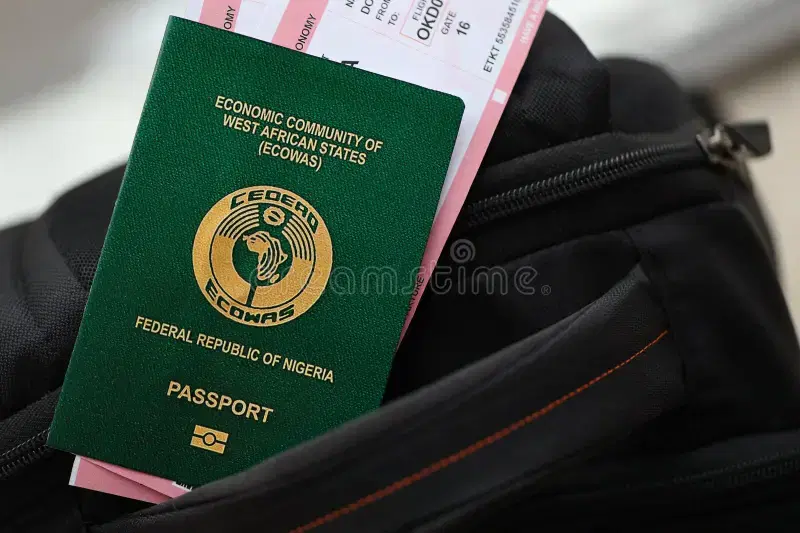The Nigerian Bar Association has vowed to provide free legal services to Nigerians harassed by the police over the controversial tinted glass permit, which it described as “illegal.”
The NBA, through its Section on Public Interest and Development Law, said the police had no constitutional basis to impose fees or annual renewals on motorists, warning that enforcement of the policy was both unlawful and a revenue-driven scheme.
In a statement on Thursday, the Chairman of the NBA’s Public Interest Litigation Committee, Olukunle Edun (SAN), said: “We shall invoke the powers of the court to ensure that the Nigeria Police Force does not trample on the rights of Nigerians. Any citizen who is harassed by the police in the purported enforcement of the illegal tinted glass permit should feel free to contact any of the NBA branches.
“The Human Rights Committees of the 130 branches of the NBA in Nigeria are ready to offer pro bono services to anyone who is harassed. It has been estimated that the police may generate at least N3bn within a month from monies that will be collected, thus turning the police into a revenue-generating agency of the Federal Government instead of focusing on the more serious issue of crime.”
Edun stressed that the matter is already in court and accused the police of being “lawless” by commencing enforcement.
In a letter to the Inspector General of Police dated October 2, 2025, the NBA reminded the force of the pending suit FHC/ABJ/CS/1821/2025 before the Federal High Court, Abuja, which challenges the legality and constitutionality of the policy. The association said the police have a duty to maintain the status quo ante bellum until the court rules.
The suit, filed by the Incorporated Trustees of the NBA, seeks declarations that the Motor Vehicles (Prohibition of Tinted Glass) Decree 1991 is unconstitutional and inconsistent with the 1999 Constitution, and that motorists cannot be compelled to pay fees or renew permits. It also seeks an injunction restraining the police from further arrests, harassment, or extortion under the policy.
An affidavit filed by NBA lawyer, Godspower Eroga, alleged that the police intended to divert funds through a private account—Parkway Projects A/C No. 4001017918—instead of remitting payments into the Treasury Single Account.
He further argued that the law cited by the police provides no measurable standard for tinting and is incompatible with modern vehicles that often come with factory-installed tinted windows.
Eroga also noted that successive Inspectors General of Police had at various times suspended the permit regime, declaring it free, indefinite, or unnecessary.
He added that senior police officers themselves use SUVs with heavily tinted windows, often without permits.
The NBA insisted that the police cannot impose what amounts to taxation without legislation.
“The Nigeria Police Force is not a revenue-generating agency of the Federal Government,” it stated.
Meanwhile, the association expressed outrage that on the very first day of enforcement, police officers in Asaba, Delta State, impounded the vehicle of a National Industrial Court judge, Justice O. A. Ogunbowale.
NBA-SPIDEL described the action as “an embarrassing and avoidable situation” that underscored its warnings about the dangers of the policy.
The body revealed it had made a last-minute attempt to secure an injunction to halt the enforcement, but the Federal High Court’s vacation judge declined to hear the application, citing procedural limitations.
“A simple order to stay the police action could have protected the public and, as it turned out, one of his own colleagues,” the NBA said.
It concluded by urging the judiciary to act decisively in matters of urgent public interest:
“The judiciary’s authority and integrity are best protected when its members act to prevent chaos, even if it means bending a procedural rule on the ‘last day’ on the bench.”
punch.ng
FOLLOW US ON:
FACEBOOK
TWITTER
PINTEREST
TIKTOK
YOUTUBE
LINKEDIN
TUMBLR
INSTAGRAM

 News9 hours ago
News9 hours ago
 Politics9 hours ago
Politics9 hours ago
 News9 hours ago
News9 hours ago
 News8 hours ago
News8 hours ago
 News9 hours ago
News9 hours ago
 Politics8 hours ago
Politics8 hours ago
 Crime8 hours ago
Crime8 hours ago
 News7 hours ago
News7 hours ago


